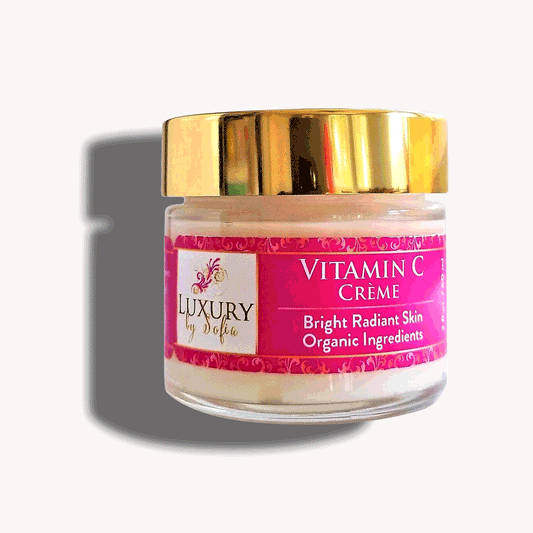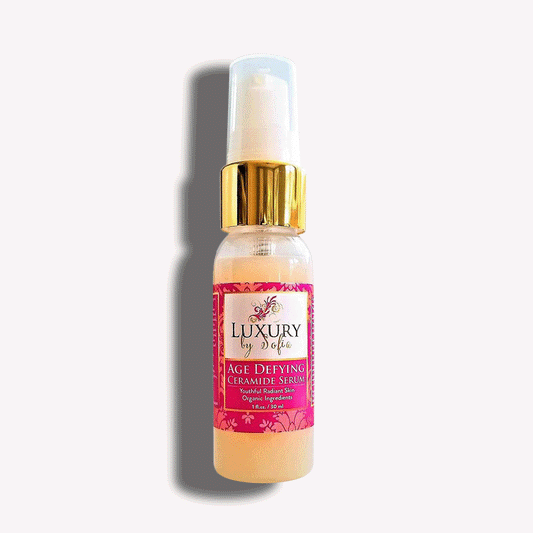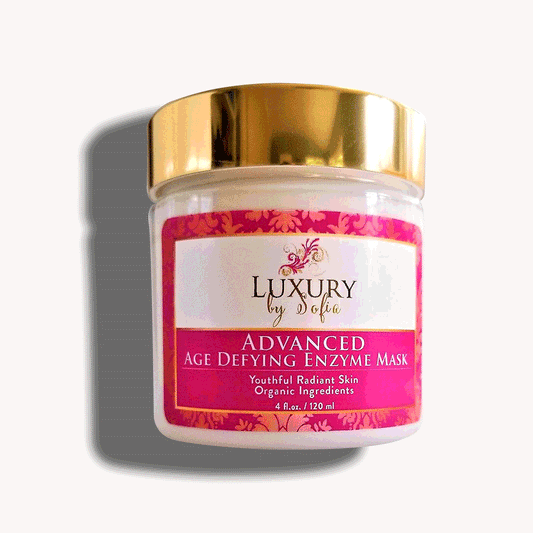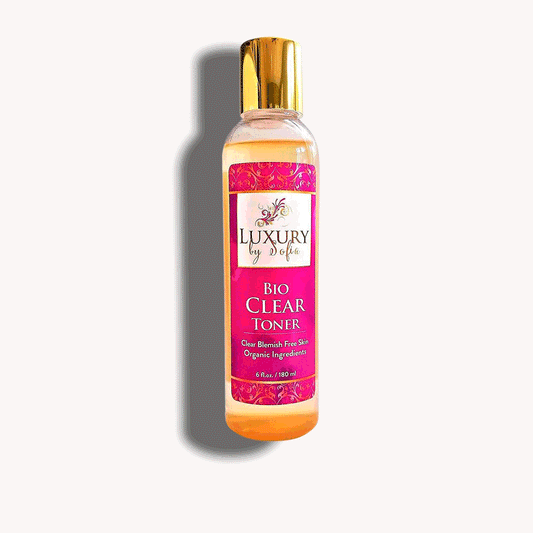Unlock the elixir of youth with these anti-aging skincare ingredients.

Even though no one can turn back time, these age-defying skincare allies can reverse multi-faceted signs of aging, such as fine lines, wrinkles, under-eye circles, loss of volume and pigmentations, so that you can look youthful and radiant. Incorporate them into your daily skincare routine for a regenerative boost!
Retinol
Retinoids are forms of Vitamin A. While we may consume foods rich in Vitamin A in our daily diet, such as milk, eggs, and carrots, our body needs to take the extra step of converting these preforms and provitamins into active forms so you can actually use them. On the other hand, topical Retinoids when applied to your skin directly helps to speed up skin cell turnover to deliver anti-aging skincare properties. Retinol helps to combat fine lines, wrinkles, dark spots, and volume loss.
This potent ingredient is known to cause irritation so it is recommended for you to do a skin patch test before gradually increasing the dosage and frequency to build up your skin’s tolerance to Retinol. Your skin may undergo purging and experience breakouts when you first introduce Retinol into your anti-aging skincare regimen. Keep using Retinol until it subsides and if it doesn’t, stop using Retinol and consult a doctor.

Organic Age Defying Peptide Face & Neck Skin Firming Creme
Vitamin C
A popular skin-brightening compound, Vitamin C is a well-known antioxidant that counteracts free radicals. Defend against oxidative stress which may impair your complexion by using a serum or moisturizer formulated with Vitamin C. As this ingredient is photosensitive, beauty products with Vitamin C are usually stored in airless opaque packaging. Use it at night if your skin is sensitive or pair it with sunscreen during the day.
Niacinamide
A form of Vitamin B3, Niacinamide fights free radical damage to slow down the aging process. This skin barrier strengthening ingredient also helps to fade hyperpigmentation such as age spots. Niacinamide is a gentle ingredient with few adverse side effects so it is suitable for all skin types, even sensitive skin.
Glycolic Acid
Glycolic Acid is an Alpha Hydroxy Acid (AHA) that chemically exfoliates your skin to reveal brighter and smoother complexion. Commonly formulated in acid peels, toners, and creams, Glycolic Acid dissolves the bonds between your skin cells to loosen them in order to prevent build-up which can congest pores.
Peptides
An anti-aging skincare powerhouse, peptides deliver a myriad of regenerative efficacies which makes it a must-have in your skincare routine. Peptides stimulate collagen production which plumps up your skin and lips. They trigger the making of elastin fibers, a type of protein that gives your skin a firm and taut look. In addition, Peptides repair damaged skin by soothing inflammation and defending against external elements.
Introduce Peptides into your anti-aging skincare routine by using our luxurious Organic Age Defying Peptide Face & Neck Skin Firming Crème for deep hydration and repair.
Ceramides
Adored for its skin barrier repair benefits, Ceramides strengthen your stratum corneum and protect it against environmental stressors. Ceramides also help to prevent water loss which eliminates skin woes, like dryness, fine lines, wrinkles and sagging skin.
Jojoba Oil
Jojoba Oil is a staple in clean beauty. This vegetable wax is extracted from Jojoba plants in the desert and it is rich in Vitamins E, B, and Zinc. Suitable for all skin types including sensitive skin, Jojoba Oil fights signs of aging by lightening dark circles and minimizing puffiness for an instantly enlivened complexion.
Notoriously elusive, the fountain of youth is achievable with the help of a few of these anti-aging skincare ingredients. Prevention is still better than cure, so it’s advisable to kickstart your anti-aging skincare regimen as early as possible so you can exude an alluring youthful radiance.













